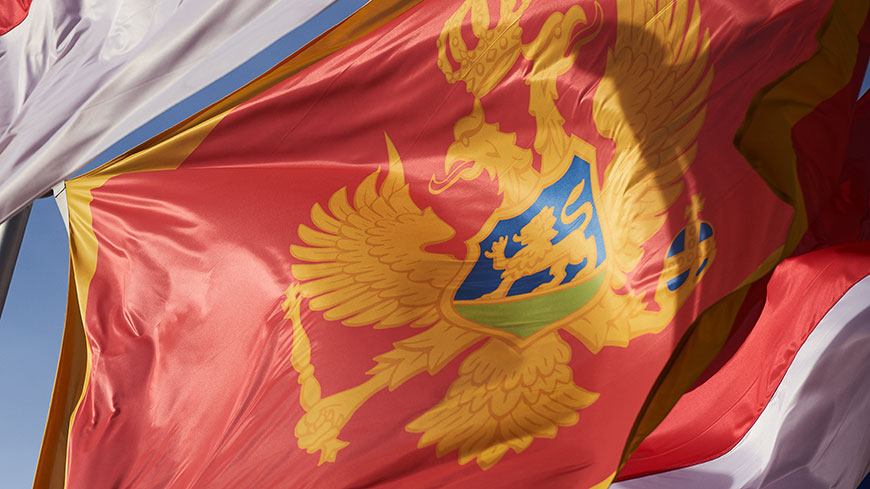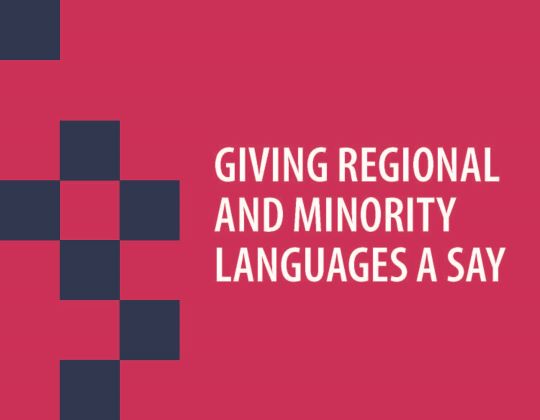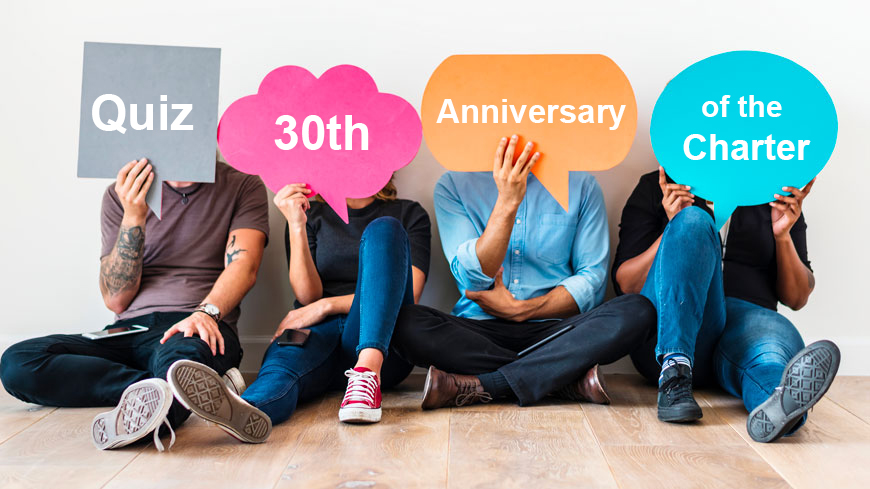Strasbourg, 11.09.2023 – A report published today by the Committee of Experts, which monitors adherence to the Council of Europe’s European Charter for Regional or Minority Languages, notes that “the situation of Romani language is still controversial in Montenegro” with “an evident collision between the domestic legislation and obligation to ensure a high level of protection” of that language.
Despite positive developments, the report found problems in implementing the Charter, which entered into force in Montenegro in 2006 and applies to the following languages: Albanian, Croatian, Bosnian and Romani.
Based on the prevailing political and legal situation when the Committee of Experts’ visited Montenegro in March this year, Romani is still absent from formal and regular education, due mainly to non-existent teacher training and a lack of teaching materials, according to the report. The discontinuation of Roma Radio has reduced the presence of Romani in the media “even further” since prior monitoring, even if a Romani media portal (Romanet) and its podcast represent “positive steps”. To increase Romani language use, the language should be introduced in official use in at least one administrative unit, irrespective of the 5% threshold set by the Law on Minority Rights and Freedoms, the report says.
Since prior monitoring, the difference between levels of implementation of Charter provisions for the four minority languages has remained the same, and Albanian “continues to be in a very favourable overall position.” While Bosnian continues to be protected as a separate minority language, Bosnian culture and traditions should be “more visible in the media and further promoted in education.” The Montenegrin authorities also should enhance the teaching and study of Croatian at all appropriate stages without relying exclusively on support from Croatia. Croatian culture and traditions should also be more visible in the media and further promoted in education, according to the report.
The Committee of Experts furthermore describes the overall promotion and protection of national minority languages in terms of legislative actions as “stagnating” in recent years. While prior monitoring noted that the Parliament of Montenegro adopted amendments to the legislative framework for national minority protection, the Montenegrin authorities confirmed no further amendments since the last monitoring round in respect of the implementation of the Charter.
In addition, although financing cultural events and language projects in regional and minority languages has slowly risen in recent years, the report expresses concerns over a reduction in the budget since 2020 for the Centre for Preservation and Development of the Culture of Minorities (CEKUM), and to a lesser extent for the Fund for Protection and Exercise of Minority Rights of Montenegro (Fund). "It is important to reinstate and further increase the level of funding of the CEKUM and the Fund," the report concludes.
Recommendations for “immediate action” were made in respect of Romani language only:
- Introduce Romani into formal education in co-operation with the speakers.
- Develop and implement a strategy for basic and further teacher training for Romani
- Introduce Romani in official use in at least one local self-government unit, where the Romani speakers have their highest concentration.
The sixth evaluation report of the Committee of Experts of the European Charter for Regional or Minority Languages is based on the information provided by governmental and non-governmental sources, including that obtained during its visit to Montenegro in March 2023.





